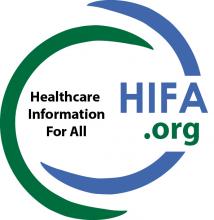
There was general consensus that systematic reviews (SRs) provide the necessary foundations and justification for evidence informed policy and practice. Without it, medical and health planning, policy and practice would continue to rely on expert opinion or on single research studies, which are in general less reliable. In low resource settings, it is especially important to ensure that resources are allocated to treatments that have been proven to be effective (and indeed cost-effective). It was also suggested that SRs should inform not only guidelines, but also global programmes and strategies (citing global mental health initiatives as positive examples).
It's notable that the limitations of SRs are more to do with the research base, methodlogy and interpretation than with the principle of SRs - and yet there appears to be an ideological resistance to SRs. As one contributor said: "It's quite 'staggering' to see how much resistance to considering these as reliable sources of evidence still exists." Why this is remains unclear. We shall explore this question further on the HIFA forum.
Another key point is that policy makers rely more on local evidence (both in high-income countries and LMICs), but this begs the question: What are the consequences of this preference (prejudice?) on policy and practice? What might be done to give due weight to both global and local evidence and to use both effectively in the formulation of policy and practice? This question remains largely unanswered.
We invite your comments on any of the above. Systematic reviews will continue to be a major thread on HIFA. Indeed, we are currently doing an analysis on how SRs have been explored and discussed on HIFA over the past years.
Acknowledgement: HIFA is grateful for support from the Special Programme on Research and Training in Tropical Diseases (TDR), the World Health Organization, and The Lancet.
Neil Pakenham-Walsh (HIFA)

